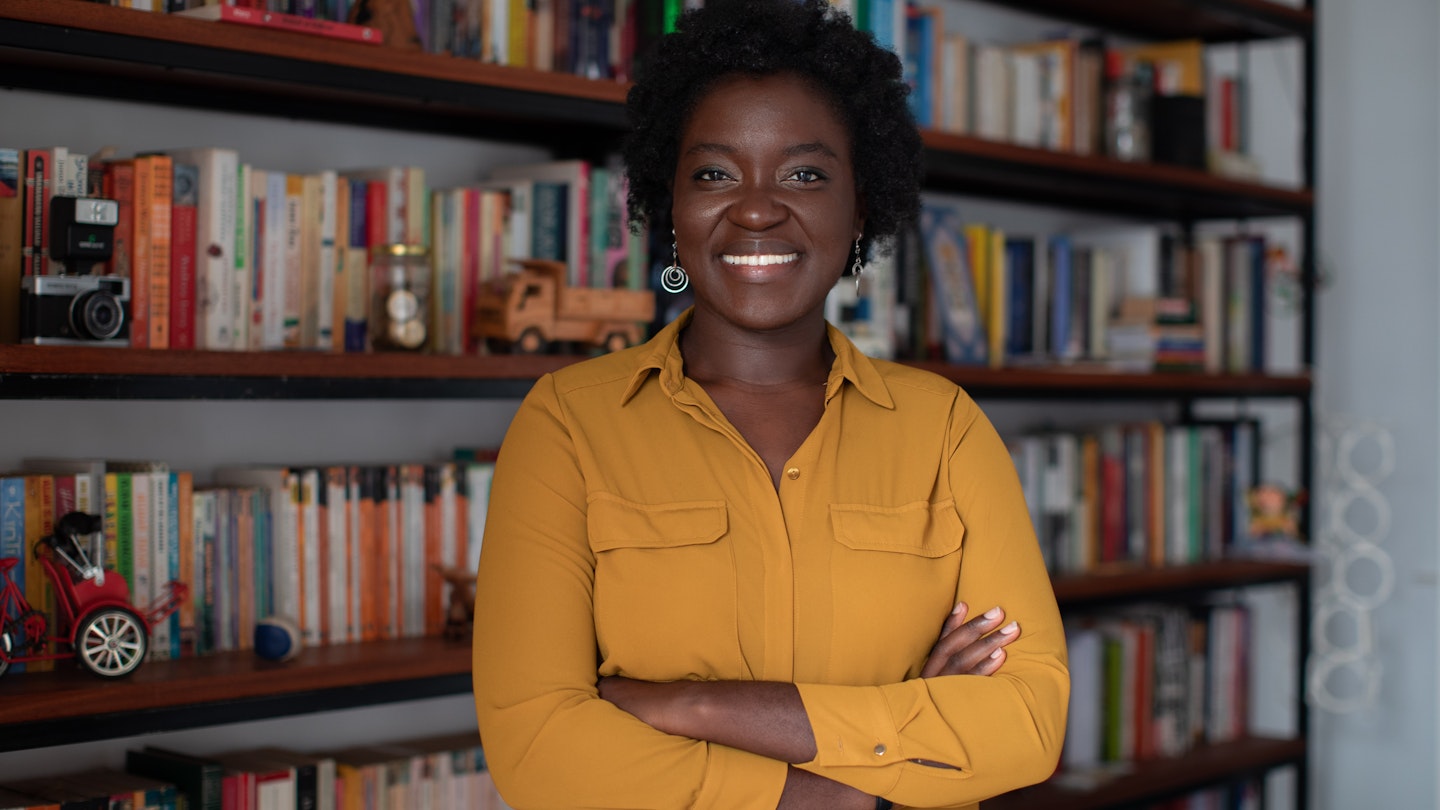Traveling While Black: An Insightful Journey Through Haiti
Nanjala Nyabola explores race and identity in her evocative narratives about travel. Her experiences reflect the challenges and revelations faced by people on the move.
I arrive in Haiti under the summer glare. It is hot—hotter than I imagined it would be, and possibly the hottest place that I’ve been thus far. The heat is stifling, intertwined with humidity that relentlessly presses against my skin. I am apprehensive, shaped by the narratives I’ve consumed about Haiti through mainstream media, particularly in the shadow of recent disasters. My thoughts whirl as I anticipate the chaos I fear may unfold here.
My stay in Port-au-Prince will extend for a few months, during which I will serve as a community organizer and law clerk with a local human rights non-profit group. My goal is twofold: to support the organization and enhance my skills as a legal and community advocate—essentially balancing the roles of a lawyer and an activist. On my flight from New York City to Port-au-Prince, I notice I am among the few black faces onboard, the only one not returning after an extended stay in the United States.

Sitting next to a missionary from Indiana, I learn this is his first flight experience—ever. He struggles to complete the customs forms, hesitating to ask questions. When he finally asks for help, I feel a mix of emotions; history seems to flip in this moment—a reversal of roles. Nevertheless, I can’t help but question why this man chose Haiti as his inaugural adventure; is he aware of my apprehension?

Growing up, warnings about Haiti painted a fearful picture. Although I have previously thrived in Togo and Benin—the ancient homes of voudoun—I still encounter skepticism from family and friends. They highlight the dangers more pronounced than in our native Nairobi, a city known for its own perils. My law school counterparts view my choice to immerse myself in this vibrant community as “brave,” though I don’t feel bravery at all. In my heart, opting for ten weeks in Haiti is a far more appealing venture than being shackled in a corporate office.

Preparing for this journey, I condense everything into a single suitcase, a challenge given the artifacts of a modern woman’s life. “Pack sanitary towels,” someone advises, “the local selection isn’t great.” Recommendations for heels flood in, as I’m told Haitian women dress smartly for work. I ponder why packing must feel so intricate; what do men contemplate if not these details?

The moment we touch down, I hastily navigate through the airport—my least favorite aspect of travel. In Europe and North America, I am scrutinized, my skin color measured against societal perceptions. Yet here, in Port-au-Prince, memories of distressful travels linger, the anxiety of separating from my luggage in Togo weighing heavily on my mind.

This time, however, my suitcase arrives unblemished, and immigration flows smoothly. The officer’s enthusiastic reaction to my Kenyan passport catches me off guard. He mentions the notable presence of Kenyans in Haiti. I reflect on the wanderlust embedded within us; it feels reassuring. This cheerful exchange grants me a momentary sense of ease, a warm welcome in an otherwise daunting scenario.
Despite my suitcase’s considerable weight, it is surprisingly the smallest among our group. Porters, dressed in bright red shirts, wait around the arrivals hall, looking for tourists to assist. The negotiation dance looms over me; my skin color has carved a niche, yet this moment plays in my favor. It conjures a form of power—the ability to blend in and navigate this expressive space without drawing undue attention.





